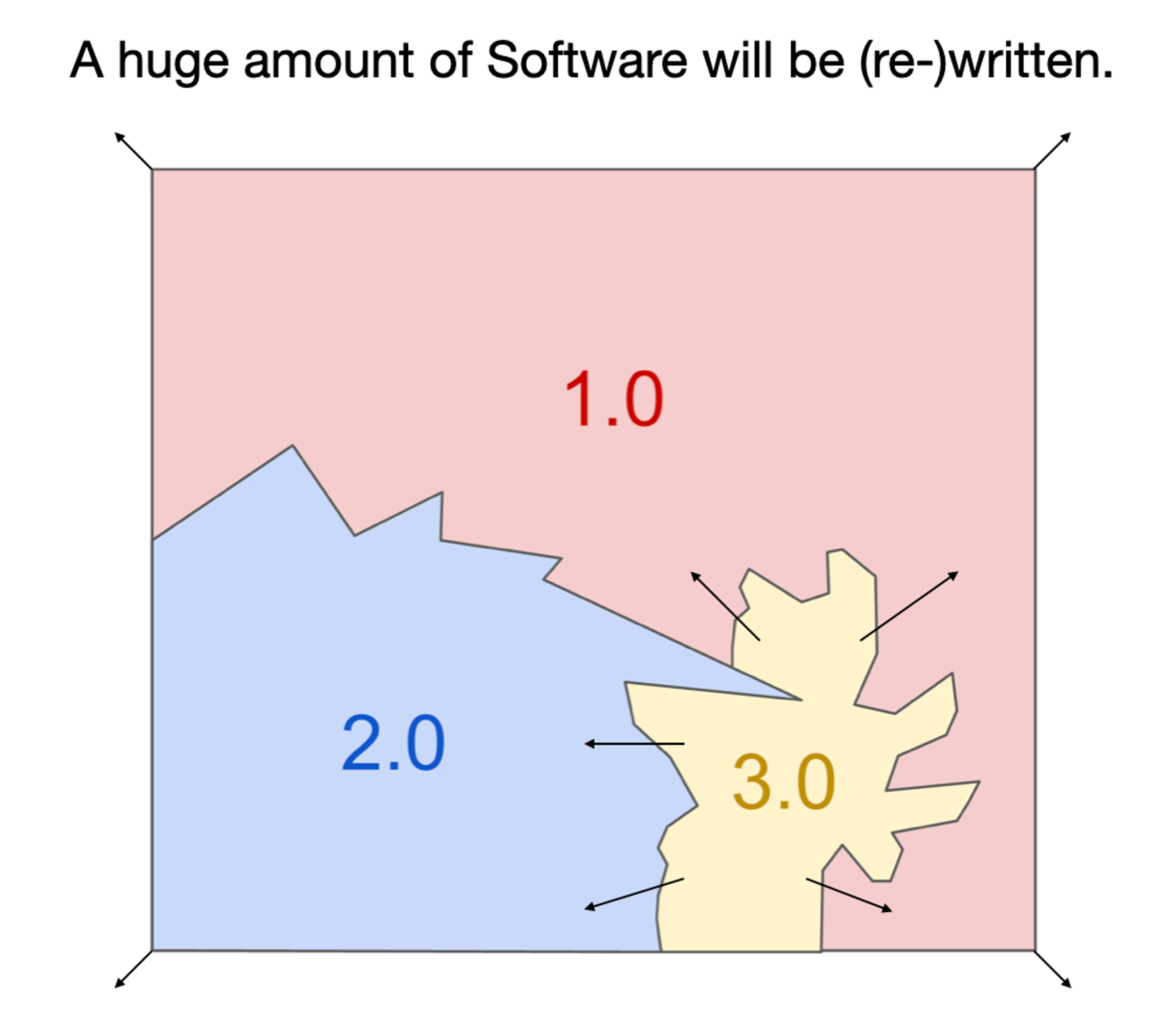Thoughts after YC AI Startup School
Recently, I had the chance to attend YC AI Startup School in San Francisco, and it was a remarkable event.
One highlight, unexpectedly, was seeing Tech Roast Show live! They're my favorite stand-up comedians right now. Watching masters of observational humor transform tiny, everyday absurdities into jokes that resonate universally was enlightening. It reminded me how shifting perspectives can reveal how strange (and funny) the world often is.

Beyond the laughter, several insights from the two-day event stuck with me. Andrej Karpathy's keynote was especially memorable. He framed the evolution of programming in three clear paradigms:
- Software 1.0: Traditional, human-written code.
- Software 2.0: Neural networks, where code emerges from data-driven training.
- Software 3.0: Large Language Models (LLMs), programmable through natural language prompts.
He noted these paradigms coexist rather than purely compete, each expanding and reshaping our understanding of software development. It's an intriguing way to think about technological evolution.

Karpathy also openly discussed the psychology and limitations of LLMs. Despite their impressive knowledge, LLMs face cognitive deficits. They hallucinate, their intelligence is uneven, and they don't retain persistent memory. Humans turn short-term memory into long-term knowledge through sleep, but achieving something analogous in LLMs, like fine-tuning, is prohibitively expensive. Current methods, like RAG, are essentially workarounds rather than structural solutions. We're still waiting for a more fundamental architectural breakthrough.
This reality underscores why "partial autonomy" rather than full automation is where the real opportunities lie. Practical products like Cursor or Perplexity give users a conceptual slider to adjust AI autonomy. Alexandr Wang from Scale AI echoed this sentiment: AI can handle about 90% of certain tasks, but humans become even more essential to verify and refine the output. This focus on verification highlights why user interfaces are crucial. A good GUI dramatically speeds up human review, enabling rapid iterations and adjustments. Programming environments, relatively closed-loop and well-defined, are perfect initial grounds for this shift. Products like Cursor, Windsurf, and Devin AI are early indicators of where this trend is headed.
Interestingly, another bottleneck often overlooked is deployment. Writing code might be easier now, but deploying and maintaining it in production remains tough. I discovered Zeabur, a startup addressing exactly this challenge with streamlined deployment processes.
Yet, beyond all these interesting ideas, the real value of attending such events in person is witnessing firsthand the passion and intensity in people's eyes and voices as they articulate their visions for the future. That palpable energy can't be captured by recordings.